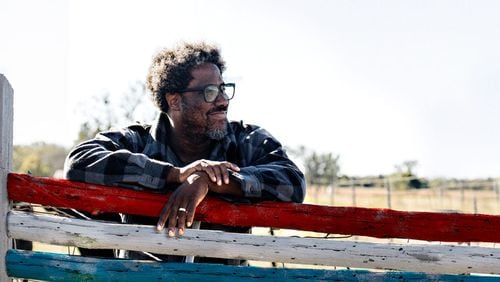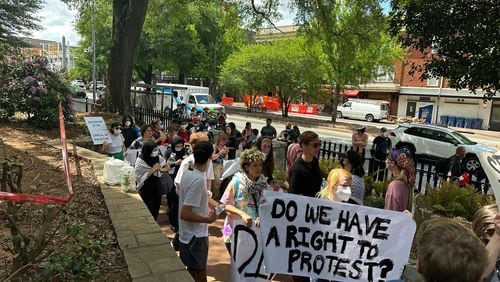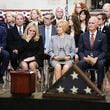Back in 2016, W. Kamau Bell opened his new CNN show “United Shades of America” visiting a KKK group in Kentucky and awkwardly watching a massive cross burn while Klan members yelled “White power!” In early 2020, he decided to explore the topic again, unaware a pandemic was about to shut down the nation, followed by mass protests condemning police brutality against Blacks.
This particular episode, which focuses a lot on Pittsburgh, ended up becoming the first show of season five, set to debut Sunday, July 19 at 10 p.m.
“This is a natural start considering the world we’re going through,” mused Bell in a phone interview Thursday with The Atlanta Journal-Constitution.
He wanted to dig deeper into white supremacy, to explore the more systemic aspects of racism as opposed to its most extreme elements. “We joked you could film America’s white supremacy in any city in America,” he said. “Pittsburgh is not the white supremacy capital of America. But I don’t think anybody outside of Pittsburgh besides African-American studies scholars knows how hard it is to be Black in Pittsburgh. It’s a perfect subject for my show to talk about, and it’s right under our nose.”
Bell, as a stand-up comic, had visited Pittsburgh a couple of times before: “Every time I was there, I saw the gentrification and the smiling white people. Something is weird here! I always felt like something doesn’t seem right here.”
He talked to some friends in the know there and learned that being Black in Pittsburgh was not easy. Black babies in the city, he learned, were nearly five times more likely to die as white babies. He saw a study of local TV news that showed 72 percent of Blacks shown on the screen were either athletes or criminals.
The episode covers a wide variety of issues regarding white supremacy but, he notes, “this is not clickbait: Kamau meets the KKK!”
But he does screen the 2016 episode to a group of younger Black Pittsburgh residents. They are seen laughing at some of the more absurd moments but then fall silent when the burning cross pops up on screen. But one young Black man after the screening said he’s less afraid of the Klan and more afraid of the cops.
Bell later spends time with a Maryland Black musician Daryl Davis, who has made it his life’s calling to “convert” white supremacists away from the concept of white power. He also meets several of the converts.
“Somehow Daryl is able to deal with all that negativity like water off a duck’s back,” Bell said. “I couldn’t do it. He said it takes an investment of time, a lot of phone calls, to change someone’s mind. He also has to deal with a lot of heat from Black folks who wonder why he spends so much time with racists.”
This season of “United Shades of America” was delayed three months due to the pandemic, but it also gave Bell and his editors time to finish this particular episode, which ended up becoming Bell’s first-ever “extended” episode. Including commercials, it will run about 75 minutes instead of the usual hour.
Over the next seven episodes, he will explore the perils of the “gig” economy, the slow destruction of the family farm and the idea of reparations for slavery.
LISTEN: accessAtlanta Podcast
The overall thematic of this season, he said, is the destructive nature of U.S. capitalism on multiple aspects of our lives and livelihoods. “The way we practice capitalism is the enemy,” Bell said.
But not every episode is brutally depressing. He did one focused on what it’s like to be Iranian American in the United States and said it ended up packed with heartwarming and inspiring moments.
Bell said, besides the first episode, the others episodes — mostly shot in 2019 — were not updated to reflect COVID-19. Instead, he is creating online-only updates of some of the interview subjects to see how things are going now.
He is planning a season six but knows the pandemic will fundamentally change the way they have to tape it. He watches clips of season five episodes wistfully.
“I high-five a random guy in the gig economy episode,” Bell said. “Remember random high-fives?”
ON TV
“United Shades of America,” scheduled to debut at 10 p.m. Sunday on CNN







